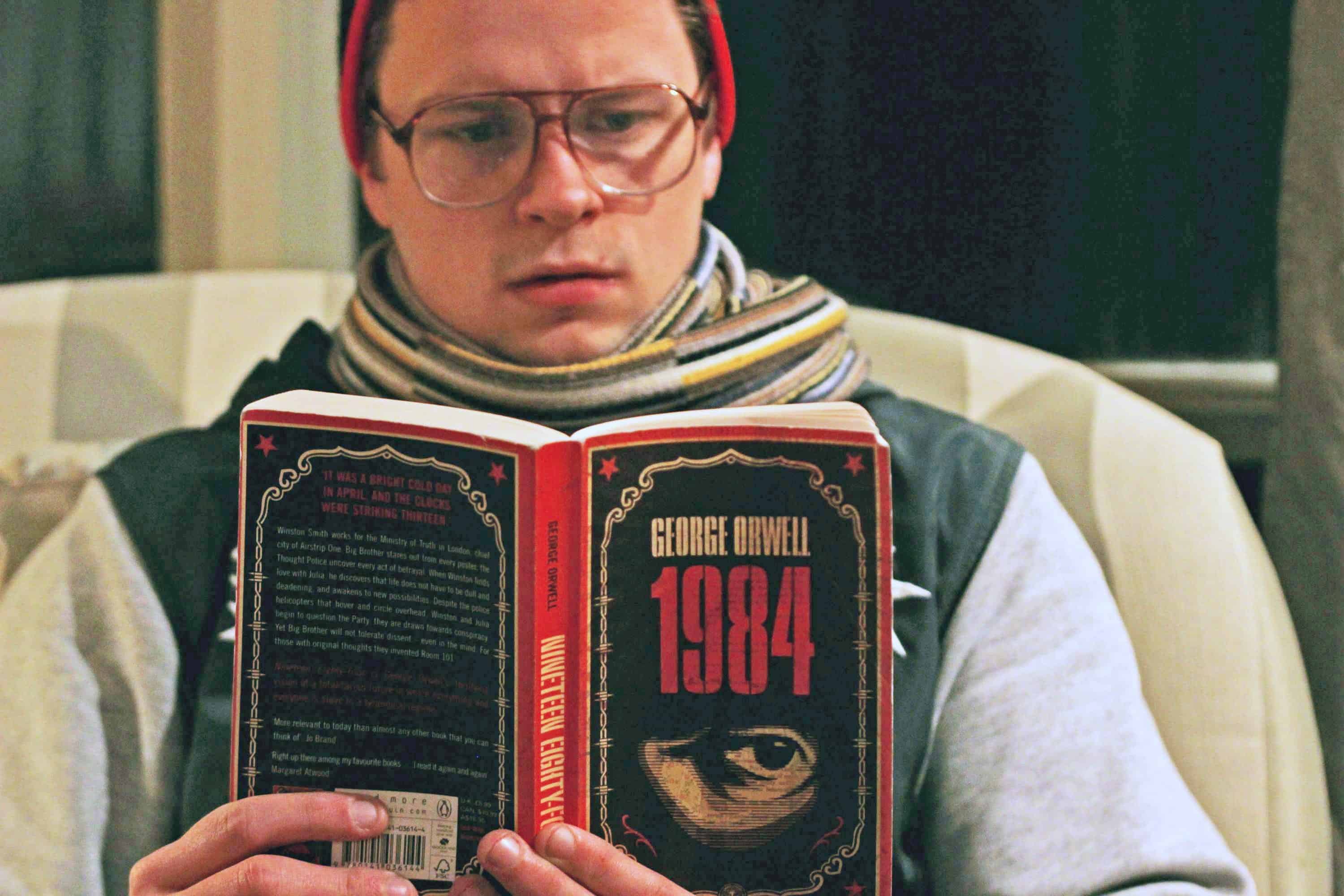Enough Orwell is enough!

Get a better adjective to describe our oppressive society!
Author: Patrick Malone
It would not be controversial to say that calling anything “Orwellian” today, referring to George Orwell, the author of Nineteen Eighty-Four, is an easy way for describing totalitarian control of media, mass surveillance, ubiquitous propaganda, and manipulation of history. This is largely because the term is used so frequently. It can be hard to read through a newspaper without running across this word somewhere. While my first reaction to this term’s omnipresence is to despair at the state of the world, as the term would not be used if it were not accurate, my second reaction is to despair at the state of writing if it is such a commonplace word. And I don’t know that Orwell would be particularly pleased about his pseudonym becoming such commonplace shorthand.
In “Politics and the English Language,” Orwell notes that a pervasive issue in the way his contemporaries use English is “staleness of imagery.” For him, the vividness of an image or metaphor lies in its freshness, or the way it makes a new and surprising association. The problem is that because these surprising associations are so effective, writers use them too often and they become clichés. Does this not rather perfectly describe how writers use the term ‘Orwellian’? Because Orwell’s satirical vision of Oceania is perceived as broadly parallel to some aspect of society, one invokes Orwell’s name, implying that this aspect of culture is therefore flawed and frightening because it is Orwellian and therefore does not necessarily need to delve deeper into the nature of the societal problem. The argumentum ad Orwellium is sufficient to show why society is flawed.
My larger point is not to make some hipster diatribe against Orwell becoming too mainstream an allusion to be effective. It’s more that an image of something can become too popular, and then those who use it don’t actually know what they’re saying; they’ll be using a phrase just because it’s part of the cultural currency. For example, Orwell points out that the phrase “toe the line” has become so thoughtlessly commonplace that people write “tow the line,” which means something completely different. This reminds me of the French theorist, Jean Baudrillard, who says an image first reflects, then masks and perverts, and finally bears no resemblance to reality at all. The once fresh image becomes its own reference point.
So, let’s look at a prominent and recent example. Last week, Pope Francis was almost universally reported as radically breaking from his predecessors by backing evolutionary theory and the Big Bang. There was no break: various Popes have said that evolution does not conflict with Catholic teaching, and a Catholic priest, Georges Lemaitre, proposed the Big Bang Theory. Therefore, why is this even news? Because of the narrative that has been established which says Francis is revolutionising every part of the Church. The narrative came before the story. This narrative became so popular that nobody examined it to see if it applied to this case. As Baudrillard would say, the map preceded the territory. And the map had no resemblance to the territory at all.
I don’t mean to complain about media portrayals of any specific person. I mean more to point out how writers can create their own universe in which using a set vocabulary or narrative takes priority over reflecting what actually happens in the world. The world should not be fit into those pre-existing categories.










[…] Click here for the original story from the Carillion […]